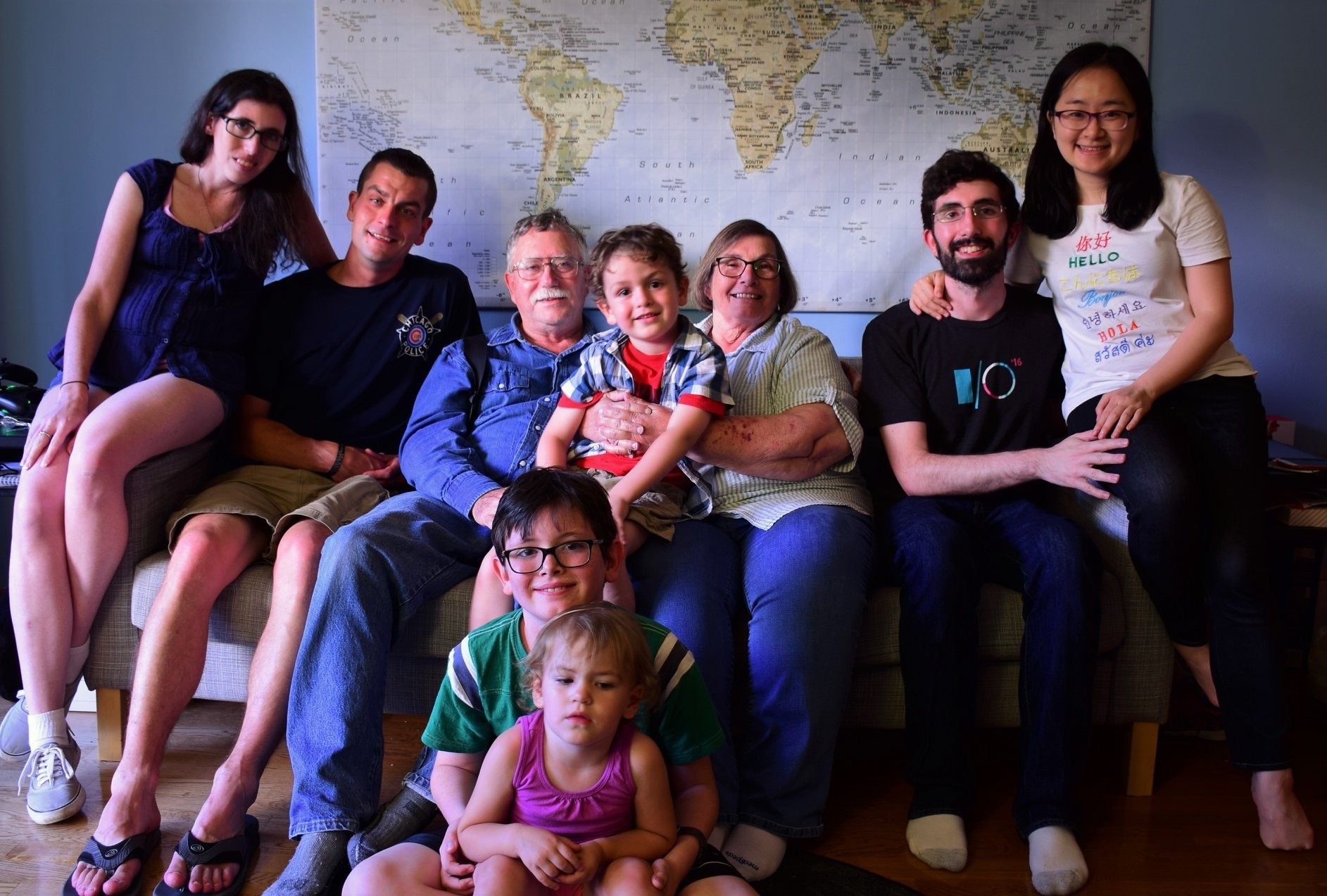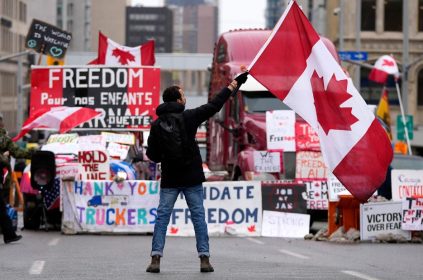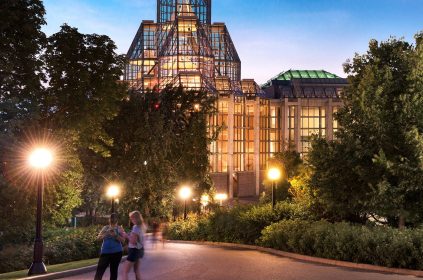OTTAWA — John McCall’s great-grandfather was born in southern Ontario some 200 years ago, and ever since the descendents of his seven children, some living in Canada, some in the U.S, have criss-crossed the border with ease.
Until COVID-19.
John is American, his wife Donna is Canadian. They live now in Madoc, Ont., and Donna’s health is fading. Their American-born children are stuck in the U.S., unable to visit or help care for her due to bans on travel into Canada to slow the spread of the novel coronavirus.
So it hurts, John says, to watch the federal government swiftly decide whether professional athletes can come to Canada while the only answer to his pleas for compassion are an auto-response from bureaucrats and form letters from ministers.
“I don’t have a particular problem with the NHL or Major League Baseball, other than the fact that it does hurt to see those kinds of things take precedence over a life-and-death issue,” he said.
The McCall family is one of thousands separated, some by the Canada-U.S. border, others by oceans, due to the wide-ranging impact the COVID-19 pandemic has had on Canada’s immigration system.
The border closure is the dominant element keeping so many apart, and Prime Minister Justin Trudeau suggested Thursday restrictions won’t lift soon.
“I understand how difficult it is to see these travel restrictions in place but Canadians understand that keeping our cities, our municipalities, our elders, our frontline workers safe by preventing international travel is a continued thing we need to do,” he said.
Another question is how fast new immigrants will be able to get here once the borders do open.
Visa and biometrics collection offices around the world are closed, meaning would-be newcomers can’t be interviewed or submit the materials they need for their applications.
Even applications already in the queue are on hold. Where the Immigration Department used to post processing times, there is now just a message saying that due to COVID-19, it can’t.
Noor Ul Ain Mahmood has been waiting over a year for her application to sponsor her spouse to be approved. He is in Saudi Arabia, she in Oshawa, Ont., their plans for a future together on pause.
It’s not just that they are missing the chance to mark milestones together like birthdays or Eid, she said.
“The worst thing is we are under a global crisis right now, there is a pandemic, and we’re in isolation and we’ve been in isolation for so long,” she said.
“You always need your family to be able to go through something like that.”
The Liberals had planned to admit 341,000 new permanent residents this year.
As of the end of May, 84,275 had arrived, down from 125,870 by the same time last year.
The numbers this year compared to last are likely to drop further, as Canada typically welcomes more immigrants later in the year, said Howard Ramos, a sociology professor at Western University who researches immigration.
There are two plausible scenarios, he said.
The first is the government rolls over the number of people it was willing to admit this year into next year, creating a double cohort.
The other is that the flow of people slows down as potential newcomers, particularly economic immigrants, choose other countries where the novel coronavirus is less prevalent. Given that so much of Canada’s economic growth is fuelled by migration, that is a worrying scenario, he said.
“The time to have been working on this was immediately back in March, and it cannot be postponed,” Ramos said.
“It’s going to require bold decisionmaking.”
Immigration Minister Marco Mendicino declined an interview request. In a statement, his office said the government is doing its best to keep applications moving but the focus must remain on public health.
“The pandemic has resulted in unprecedented challenges at the border, and we know this has been a difficult time for families and others who are making their way through the immigration system,” the statement said.
Whether Canada will make more room for immigrants next year is a pressing question for refugee resettlement.
More than 10,000 refugees were caught in limbo when the world’s borders suddenly slammed shut in March, said Sabine Lehr, the program manager for private sponsorship of refugees at the Inter-Cultural Association of Greater Victoria in British Columbia.
All were already approved to come to Canada, but the flights organized by the International Organization for Migration were cancelled. Some were even turned back practically mid-air, she said.
Though urgent cases have been let in since, it’s completely unclear when the rest will be able to arrive, she said.
“Our concern is that the processing times will get longer if people cannot land,” she said.
“Obviously they will eventually land, but what it means is if the numbers don’t get increased for next year to account for this situation, we’ll be seeing longer processing times and that’s what nobody wants.”
The federal government has made some exceptions to existing travel restrictions.
In June, close family members of citizens or permanent residents were added to the list of those allowed into Canada, a move that came after very public pressure on the Liberals.
But the definition of close family didn’t include adult children. Mendicino’s office did not explain why.
That’s how McCall finds himself caring for his wife alone, his daughter in Wisconsin, his son in Illinois, unable to be with them.
Donna McCall has been in and out of hospital since February with a cascading series of problems that now have her on a liver-transplant list.
John’s voice breaks as he shares how his kids are ready to put their lives on hold to come to Canada at moment’s notice.
Among the arrangements: his daughter is married to a police officer and other officers’ wives have set up a system to help look after their three kids.
That so many pro sports players are being let in doesn’t bother him as much as the belief the government just doesn’t care about life-or-death situations, he said.
“It’s un-Canadian-like,” he said.
To let in NHL players, as well as the Toronto Blue Jays for spring training, the government had to grant them a waiver in the “national interest,” and if they can do that, they can figure out a better system for families, said David Poon.
The Regina doctor’s long-time partner is stuck in Ireland as they don’t qualify as common-law under the Immigration Department’s definition.
Poon has joined forces with families like McCall’s to try to convince the government to adopt a special COVID-19 immigration approach that would impose specific conditions on family members not currently covered by exemptions.
“We’re not asking for open borders,” Poon said.
“We’re just asking to be together.”
This report by The Canadian Press was first published July 19, 2020.
Stephanie Levitz, The Canadian Press















